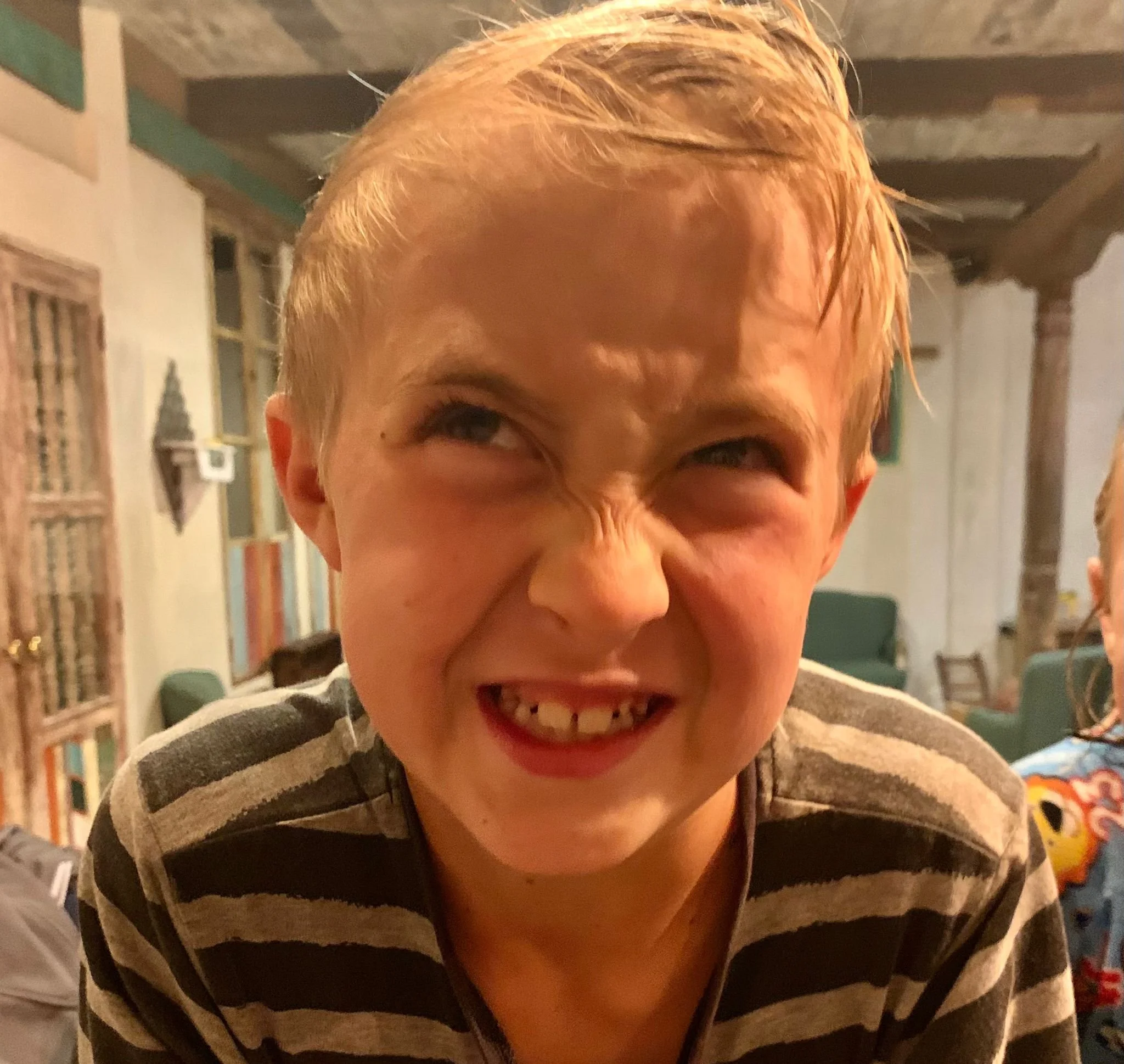Softening and Questions To Ask Yourself in Conflict
learning to soften…
To create a thriving intimate partnership, we must soften. We must offer our partners the benefit of the doubt, after all, they are a separate person that thinks and acts differently than us. Explaining our perspective and communicating our needs is crucial, the issue is how we do this.
Softening is: accepting that one partner cannot possibly meet all your needs; taking responsibility for the ways in which you are a pain in their ass too; quieting the hypervigilant part of you that’s just waiting for them to screw up; and letting them know how very much they matter to you.
Softness and strength can coexist within you. By softening in moments of conflict, you create a situation in which your partner can hear you. Psychological threats can trigger a fight or flight reaction. Someone says or does something to threaten our sense of self (perspective is reality and our perspective is not only dictated by what happens in the present moment but what we experienced in the past). We have almost no control over this because it is an automatic process, hard-wired into our nervous systems..
The problem with this response is that our brain is “hijacked,” deprives our prefrontal cortex of blood, and leaves us with few resources to respond appropriately to what is happening. Since the prefrontal cortex is responsible for higher-order brain functions like awareness, concentration, and decision-making, we are reduced to a basic level of functioning. This “hijacking” of the brain often leads to the feeling of brain fog… where we literally can not analyze or think straight. We literally can not reasonably respond to our partners.
To find softness in conflict, the following questions are useful to gain perspective: (And don’t forget that you can ask for a break during a difficult conversation).
What is the content (or issues) involved in the conflict?
For whom is this a conflict?
When does the conflict manifest itself? For how long?
Under what circumstances is this a conflict?
What are the hidden issues, those below the surface, in this conflict?
Why is this a conflict?
Am I misinterpreting something or expecting the worst of the other?
Is there a more generous way to see this conflict?
What are my feelings when facing this conflict?
How does this conflict fit into my belief system about myself?
What does this conflict say about the personality of the people involved?
What is the conflict, really?
What old wounds does this conflict trigger or touch upon?
Is this conflict about one of my old stories?
Is this conflict about the other person’s old stories?
What is the worst possible consequence if this conflict is:
never addressed?
addressed and not resolved?
addressed and I give in?
addressed and the other gives in?
addressed and we both win?
Are you looking for help with your relationship? Do you feel that a relationship coach could help you working on your couples skills? Is communication an issue? Have you ever considered couples therapy or counseling? As a psychotherapist and relationship coach, I am uniquely positioned to help you through these moments of disconnect and conflict.
__
Learn more about my approach to life consulting and relationship coaching here or get in touch for your free 30-minute consultation here! Don’t forget to follow along @LilyManne on social for more regular updates!


